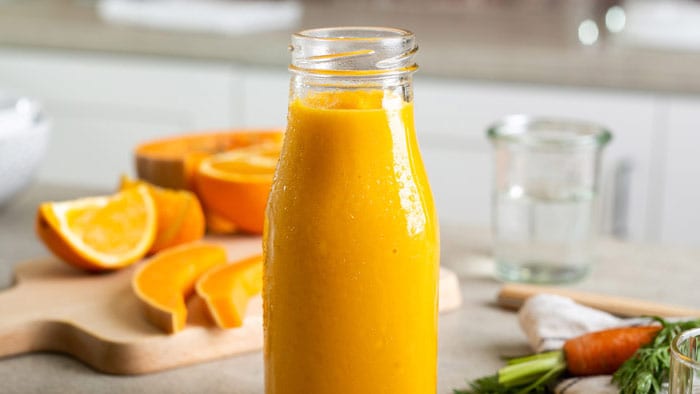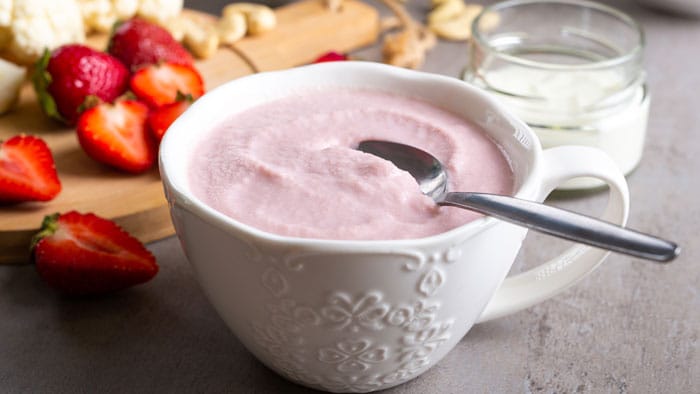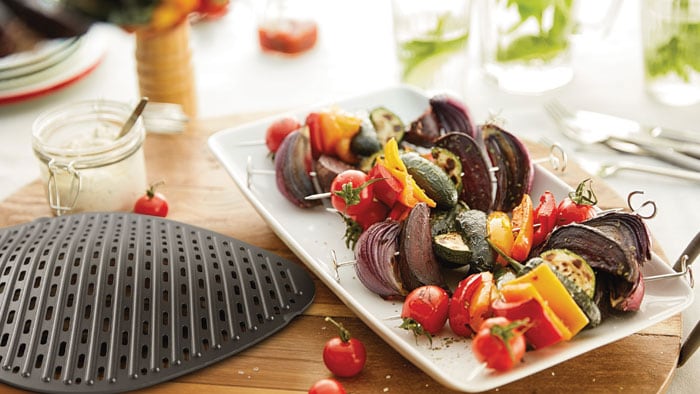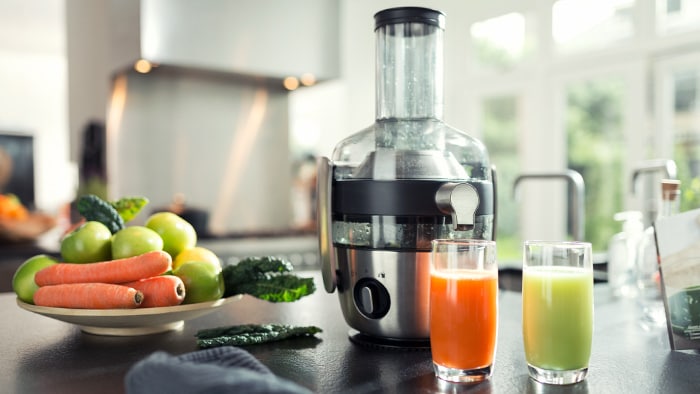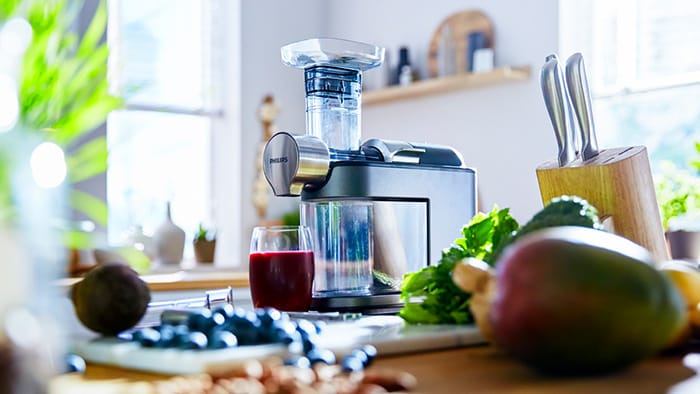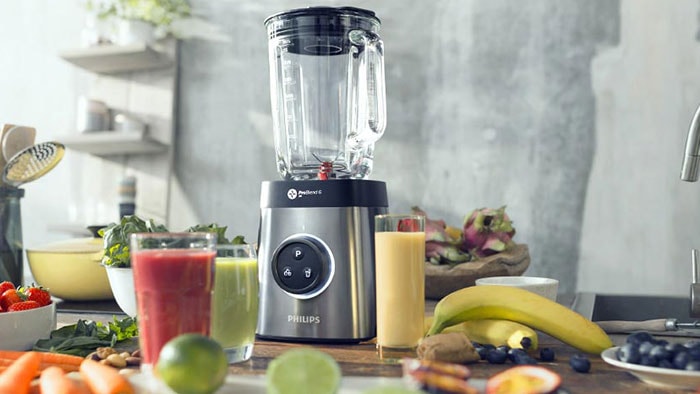Reading time: 6 Min
Common daily vitamins explained (and ideas on how to get them)
Everyone knows that vitamins are important, but which ones are required daily and how can you incorporate vitamin rich foods in your diet? Here we explain everything you need to know about getting your daily vitamins, as well as some delicious recipes to help you achieve a healthy, balanced diet.
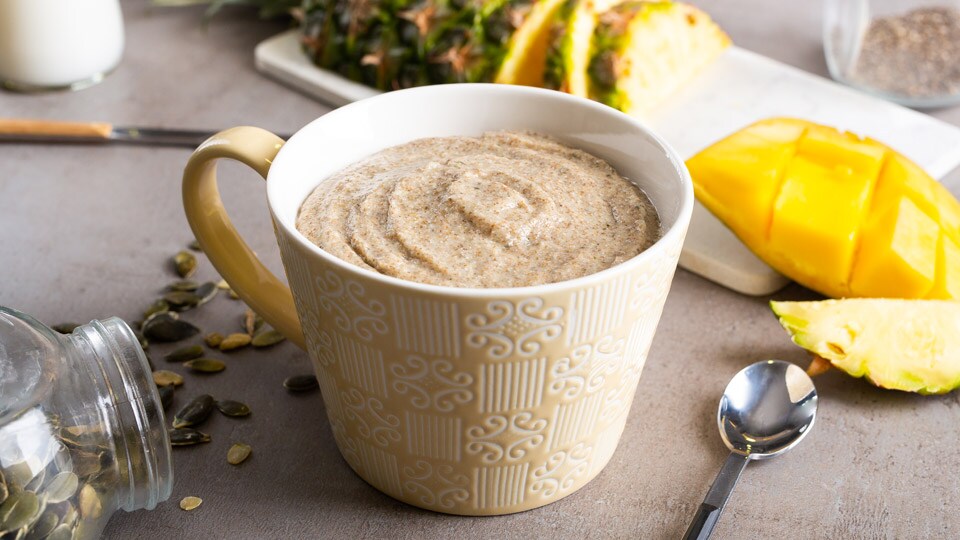
What should you eat to get your daily vitamins? Your guide to vitamin rich foods
Here are the essential vitamins you need to know about, and which fruits and veggies the vitamins can be found in:
Vitamin C
This is arguably the most famous of the vitamins and it plays a critical part in strengthening our immune system, as well as building tissue, bones, and teeth. Here are a few top facts about vitamin C.
Vitamin A
Vitamin A, or retinol, is only present in animal and it supports good vision, strengthens the immune system, and helps the heart and kidneys work properly. Here are a few top facts about vitamin A.
Vitamin B
Vitamin B complex comprises eight different B vitamins: which includes vitamin B12 and folic acid. Here are a few top facts about vitamin B.
Vitamin E
This is a vitamin which is only produced by plants, as opposed to many other vitamins, and boasts an antioxidative effect. Almonds are a great source of this nutrient, with just 1 oz. (23 whole kernels) containing around 7 milligrams of vitamin E. If you’re not a fan of raw nuts, you should try our almond biscotti for a tasty way to add this to your diet.
Vitamin K
Vitamin K is needed for blood clotting and is primarily found in green leafy vegetables, such as spinach, salad, and cabbage, as well as in pulses. The recommended daily intake for teenagers and adults between the ages of 14 and 18 is 75 micrograms. From 19 years old, the requirement increases to 120 micrograms for men and 90 micrograms for women. Whilst raw ingredients are the best source of vitamins, a delicious baked spinach quiche is a great way to add green leafy veggies to your family’s diets.
Vitamin D
The so-called “sun vitamin,” can be absorbed both through food and sun exposure. Do you know how much vitamin D per day you need? If you’re low on your vitamin D, be sure to get out into the sunshine every day. And make sure you eat foods like tuna, salmon, cheese, and egg yolks that are high in this vitamin.
What you need
-
Avance Collection
Juicer (1200W)
HR1922/21
- QuickClean
- 1200 W
- XXL feeding tube
-
Viva Collection
Juicer
HR1855/70
- 800 W
- QuickClean
- 2 l, XL tube
- Drip stop
-
Viva Collection
Masticating juicer
HR1889/71
- XL tube, 70 mm
- Quick clean, in 90 sec
- Easy assembly
Nutrients for a healthy, balanced diet
While fruits and veggies vitamins are essential to our health, humans also need many mineral nutrients and micronutrients to maintain a balanced, healthy diet. These include: Tip: Try this creamy spinach, leek, and cannellini soup dish that is packed with vitamins and mineral nutrients! References: https://www.nhs.uk/conditions/vitamins-and-minerals/ https://www.nutrition.org.uk/nutritionscience/nutrients-food-and-ingredients/vitamins.html
Check out Philips’ full range of kitchen appliances, from blenders to air fryers – our collection of modern appliances help you prepare vitamin rich foods the right way.




